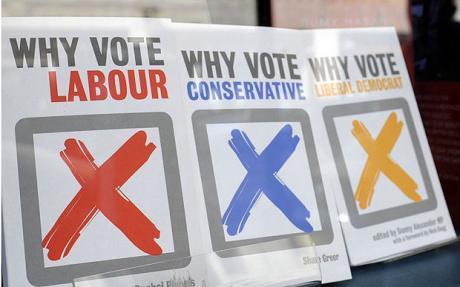Blog

The Pre-election Housing Market: Have Experts Underestimated UK Growth?
Just weeks ago, experts in the UK claimed that the UK property market was suffering under the weight of uncertainty in the build-up to the general election. This seemed to make perfect sense, as a lack of political certainty often drives down property market demand and has a cooling effect on prices.
It appears as though this forecast was unduly negative; however, with investment bank Jefferies reporting this week that the residential property market in Britain had been upgraded as an asset class. With the election less than four weeks away, the impact of campaigning and an increasingly marginal set of polling results has been relatively minimal and is likely to stay this way.
The Facts of the Matter
The reason for this is that the so-called uncertainty that was anticipated ahead of the general election has failed to materialise, meaning that market growth and robust share prices within the sector have remained strong. This not only underlines the strength of the market’s growth, but it also proves that the government’s progressive Help to Buy scheme and aggressive stamp duty breaks have created stable foundations for long-term expansion.
Initially, the reports of a cooling marketplace led many aspiring vendors to shelve their plans for selling their home. The ‘sell house quick’ mentality that typically emerges when the market is buoyant began to dissipate amid concerns of stagnating growth, but the chances are that it will re-emerge in the wake of recent reports. More specially, the supply of available housing will continue to meet a robust level of demand, even as the nation determines it political future for the next five years.
In terms of conclusions, we can draw two key lessons from recent data. The first is that the property market’s growth is based on long-term foundations, which should provide peace of mind for home-owners with expensive properties and assets. In addition to this, we may also surmise that the market is no longer as volatile as it was eighteen months ago, as consistent growth has created positive levels of sentiment and considerable expectations.



Comments